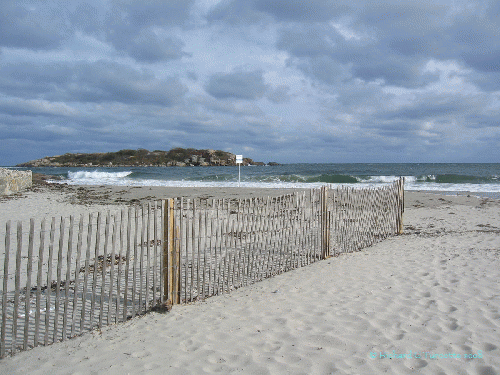Higher (and lower) education may be failing all of us, but partisanship has more power to make smart people seem stupid.
What we've been doing--and not--matters. It matters today and its unchecked continuance will matter much more in the days ahead as the divide widens and problems become more intractable and unsolvable. Is that the fallback position? We might want to consider how that approach plays out in the years to come. Appeasing today's psychological needs isn't any kind of guarantee it will continue to serve that purpose tomorrow.
There are other hurdles beyond attempts at engaging in more productive discussions with voting peers and the urgency of persuading elected officials to revise their approach to governing [or, for some, non-governing].... Questioning the continuing utility and value of the intentionally placed obstacles might be a good place to start, however. We might even want to toss in some evidence, facts, and a sprinkling of reality.
It won't get better by itself. Their interests rarely cross paths with our own....
The tautological reason polarization has increased in American politics is that over the past four decades, conflict in American politics has increasingly operated along a single dimension: Republican versus Democrat. A large number of issues that were once nonpartisan or non-ideological have become partisan issues. Almost every policy has now been swept into the maw of partisan jockeying, leaving almost no space for the cross-partisan cooperation our political system relies on to function.
What to do? If we don't change--both sides and all of us, then who wins? Who does not?
Competition fuels party conflict by raising the political stakes of every policy dispute. When control of national institutions hangs in the balance, no party wants to grant political legitimacy to its opposition by voting for the measures it champions. After all, how can a party wage an effective campaign after supporting or collaborating with its opposition on public policy? Instead, parties in a competitive environment will want to amplify the differences voters perceive between themselves and their opposition. They will continually strive to give voters an answer to the key question: "Why should you support us instead of them?" Even when the parties do not disagree in substantive terms, they still have political motivations to actively seek and find reasons to oppose one another.
Two factors have produced our polarized politics. First, changing social conditions and government actions have combined to prompt fundamental disagreements about what and how much government should do. Second, a long-term realignment brought this debate into sharp focus. In short, today's polarization is the product of today's issues and yesterday's political realignment.
When each side is building a fortress of values, opinions, beliefs, principles, and presumed facts completely isolated from the great middle where all is not quite so cut and dried, polarization is inevitable. And with polarization leading the way, how does essential problem-solving take place?
Knee-jerk reliance on information with the potential for direct impact in our own lives--distressing as it may be to understand more--is all but a guarantee that we'll all be making social and political problems that much worse for more of us for a longer period of time.
Adapted from a blog post of mine






